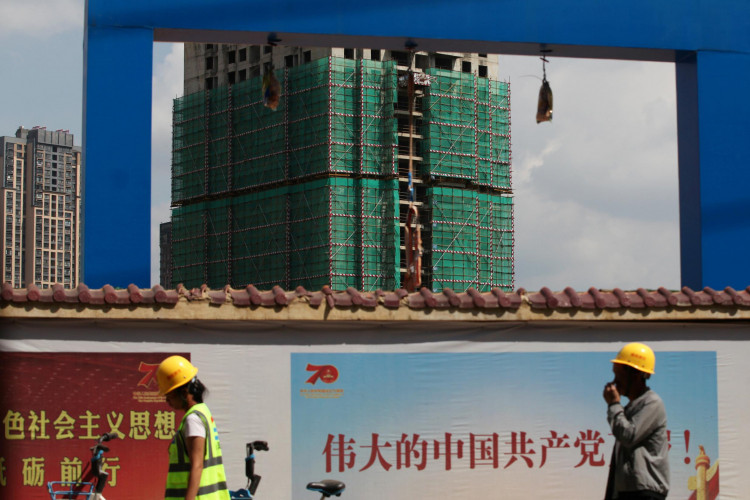In the ever-turbulent world of real estate development, China's Country Garden is once again on the brink, facing a looming liquidity test. The embattled property developer is up against the clock with Monday's deadline to settle a $15 million interest payment related to an offshore bond. This situation is not unfamiliar territory for the developer, as it has narrowly avoided default twice already this month.
Country Garden, one of China's top property developers, has been grappling with cash flow challenges, a reflection of the broader issues plaguing China's real estate sector. The industry has been under intense scrutiny, with several developers facing financial strain due to high debt levels, regulatory crackdowns, and a cooling property market.
The current challenge revolves around the interest payment for an offshore bond. Offshore bonds, typically denominated in foreign currencies, can pose additional risks for companies, especially when there are significant currency fluctuations or when domestic funds are hard to access. For Country Garden, the pressure is on to ensure that they can make the necessary payment and avoid a default that could have broader implications for their financial health and reputation.
It's worth noting that Country Garden's close calls with default earlier this month were not isolated incidents. The developer managed to dodge default at the eleventh hour on both occasions, underscoring the precarious financial position it finds itself in. Such last-minute reprieves, while providing temporary relief, also highlight the urgent need for the company to address its underlying financial challenges.
The real estate sector's troubles in China have been a cause for concern among investors and analysts. The industry's woes are intertwined with China's broader economic challenges, including slowing growth, mounting debt, and regulatory efforts to rein in speculative excesses in the property market. As one of the pillars of the Chinese economy, any significant disruption in the real estate sector could have ripple effects across various industries and the broader economy.
For Country Garden, the immediate focus is on navigating the current liquidity challenge. However, the developer, like many of its peers, will need to take a hard look at its financial strategies, debt levels, and business model to ensure long-term sustainability. The repeated brushes with default serve as a stark reminder of the volatility and risks inherent in the real estate development business, especially in a market as vast and complex as China's.
As the deadline approaches, stakeholders, investors, and industry watchers will be keenly observing Country Garden's moves. The developer's ability to meet its financial obligations will not only determine its immediate future but could also signal the broader health and resilience of China's real estate sector.
In conclusion, while Country Garden's immediate challenges are clear, the broader implications for China's real estate industry and the economy remain to be seen. How the developer navigates this latest hurdle could offer insights into the resilience and adaptability of China's property giants in these uncertain times.





